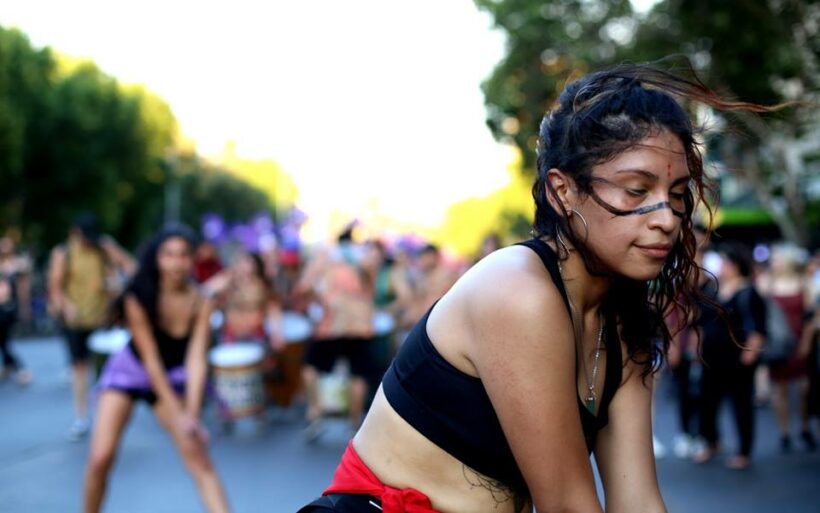Every year on the eve of the commemoration of International Women’s Day, 8M, the role of men in the feminist and gender equality cause is discussed. The ever-present question is: Can a man be a feminist?
The general dilemma arises not only for feminism but for all causes in which people are in a position of power over others: can they, from that position, advocate for equal rights, the overcoming of prejudices, the end of privileges and equal treatment between people belonging to different groups?
In any society, belonging to or being born into a dominant group by religion, race, gender, socioeconomic and/or cultural status, etc. does not disqualify anyone from adhering to the cause of justice, but we must recognise that it is legitimate to generate mistrust in oppressed groups.
The struggle for emancipation, i.e., liberation from power, authority, guardianship or any other kind of subordination or dependence, must be led by the subjugated, and anyone who seeks or has the conviction of rebellion, but who does not belong to these groups, must qualify themselves as an ally of the cause.
Being a feminist ally requires, as Lorena Fries of Corporación Humanas points out, first of all, assuming a process of self-deconstruction. “That is, being able to reject toxic masculinities. To look for models of masculinity that are not the stereotypical male provider and violent, and that is their job”. It is a long process with advances and setbacks in which the best contribution to the feminist cause is to do it through a real transformation in daily life.
While new generations have been internalising gender equality, there is still a long way to go. The patriarchal culture, hand in hand with conservatism, has reassembled itself under the slogan that the feminist cause is a “gender ideology”; a social and political construct that seeks access to power and is contrary to natural law.
It is not easy for a man to put himself in the place of a woman in the area of sexual violence. Gender-based violence is normalised in school contexts and this is where men can be allies in the feminist cause.
From the 2nd Study on Gender Violence in School Contexts carried out by Fundación Semilla, we know that 93% of sexual aggressions in the 14-17 age group are directed at women; a woman is 210% more likely to receive sexual violence in schools than a man and that heterosexual men are the social group that perpetrates the most violence in schools.
The front line of feminism belongs to women. Men have a role that we can do well, which is to be critical of our peers by showing them how they reproduce patriarchal patterns in their daily lives that are detrimental to gender equality.






